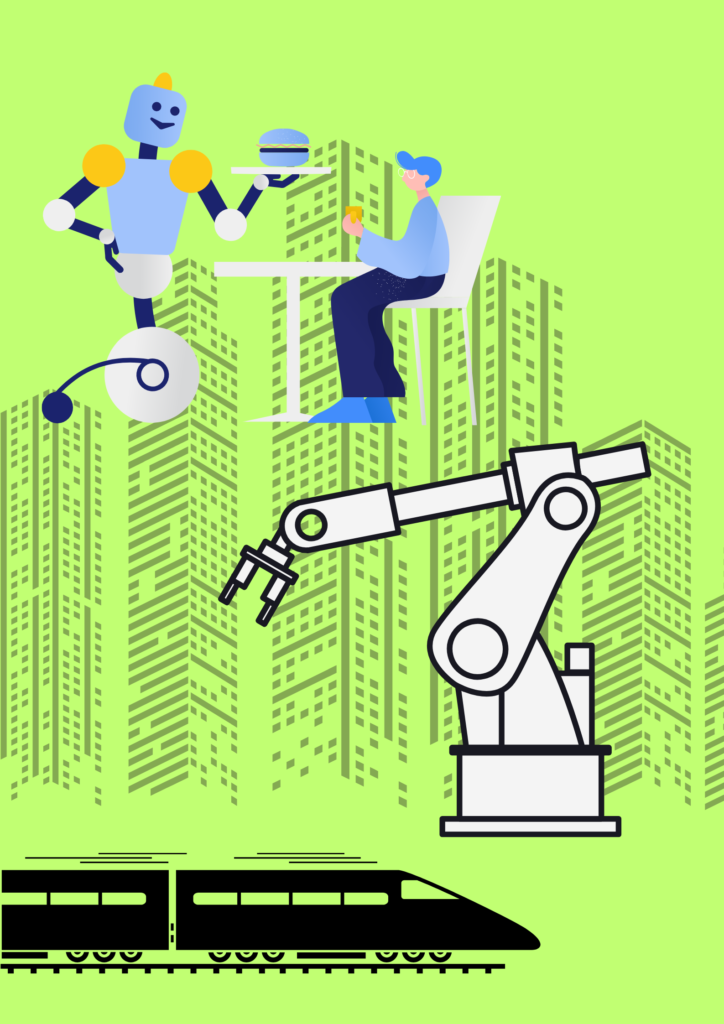The Rise of Smart Cities: A Technological Revolution

In our fast-paced world, cities are undergoing a profound transformation. The rise of smart cities represents a paradigm shift, where technology converges with urban life to create more efficient, sustainable, and interconnected environments.
Defining Smart Cities
Smart cities are not mere buzzwords; they are a reality shaping our future. These cities leverage cutting-edge technologies, including robotics, data analytics, and artificial intelligence, to optimize various aspects of urban living. From energy management to waste reduction, smart cities prioritize efficiency and quality of life.
Economic Engines
Economic prosperity is at the heart of smart city initiatives. By streamlining logistics, enhancing law enforcement, and fostering innovation, these cities become economic powerhouses. Take Taipei, for instance. It has embraced smart transportation solutions like YouBike, an integrated bike-sharing system, and smart energy grids powered by companies like Gogoro. These innovations position Taipei as a global leader in urban development.
IoT Integration
The Internet of Things (IoT) plays a pivotal role in smart city evolution. In Taiwan, stakeholders are integrating IoT into public transportation systems. Smart sensors monitor scooter traffic, regulate energy consumption, and ensure safety. Public lighting equipped with scanners and environmental monitors exemplifies inclusivity and sustainability.
Global Growth
The smart city industry is on an exponential trajectory. By 2025, it is projected to reach a staggering $820.7 billion. Factors driving this growth include advancements in IoT, widespread 5G connectivity, and forward-thinking government policies.
Conclusion
Smart cities are not just about technology; they are about people. As we embrace this revolution, we pave the way for a future where urban living is smarter, greener, and more interconnected than ever before.




















